Area: Resources Efficiency
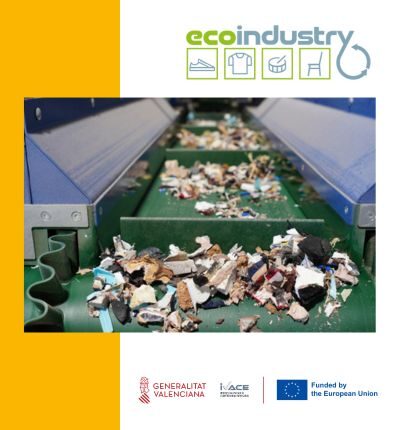
Alignment of representative sectors of the Valencian Community with the Circular Economy and Industrial Symbiosis – Eco-INDUSTRY
In the Circular Industry CV project, the first pilot plant was designed, built, and set up to process multicomposition residue from the footwear, toy, and textile sectors. The company is now committed to optimizing and expanding the scope of the plant by including the habitat sector.
View more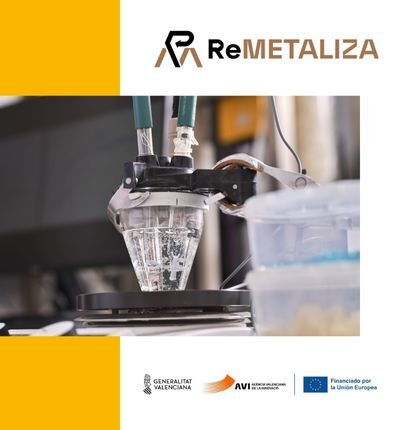
Industrial symbiosis between traditional sectors in the Valencian Community through recovery and valorisation of heavy metals – ReMETALIZA
Experimental development and analysis of synergies between five characteristic sectors of the Valencian Community (metal-mechanical, toy-plastic, textile, footwear, and ceramics) for the recovery of heavy metals (Cu, Cr, etc.) from waste with a high content of these two metals.
View more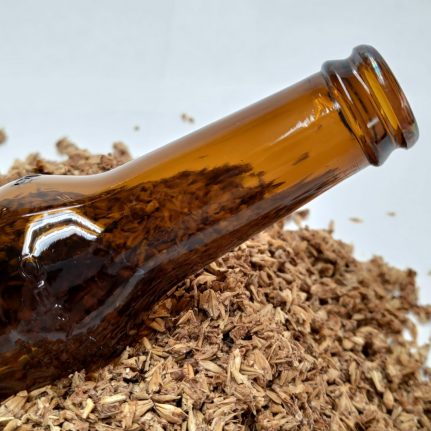
Development of probiotics and value-added products from beer brewing waste – Biovalora
Beer brewing within the EU generates over 6 million tonnes of bagasse and a million tonnes of yeast. Bagasse is rich in protein and dietary fibre. However, 20% of bagasse waste gets disposed of in landfill sites, thus leading to a loss of a high value-added product.
View more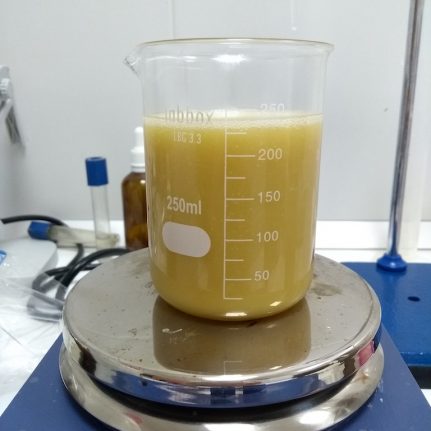
Advanced production of biodiesel from animal waste using supercritical technology – LIFE Superbiodiesel
In Europe more than 17 million tons of animal by-products (SANDACH) are processed, which produces 2.85 million tons of animal fat. Part of this animal fat processed in Europe is just disposed of in rubbish tips or it is incinerated.
View more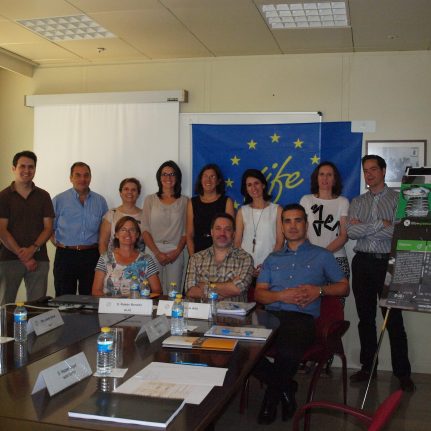
Demonstration pilot plant for reusing non-ferrous metal waste – GREENZO
Read More... from Demonstration pilot plant for reusing non-ferrous metal waste – GREENZO
View more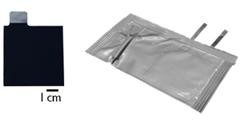
AIJU specialises in the development of materials for lithium-ion batteries.
Read More... from AIJU specialises in the development of materials for lithium-ion batteries.
View more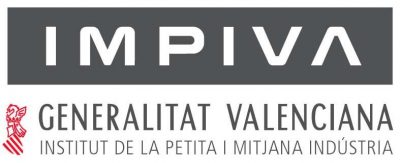
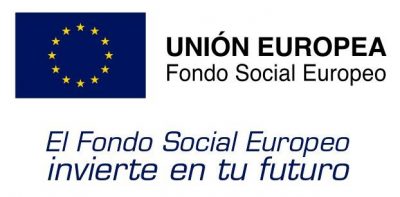
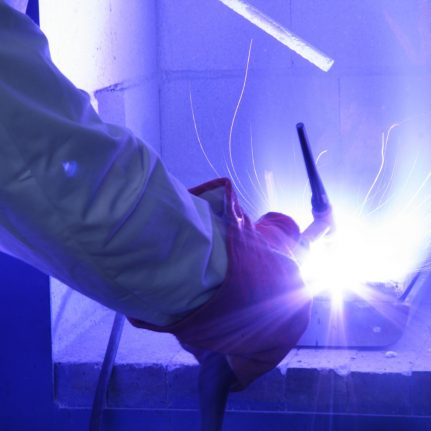
Study of applications and process improvement of obtaining zinc oxides from Zamak waste – OxiZINC

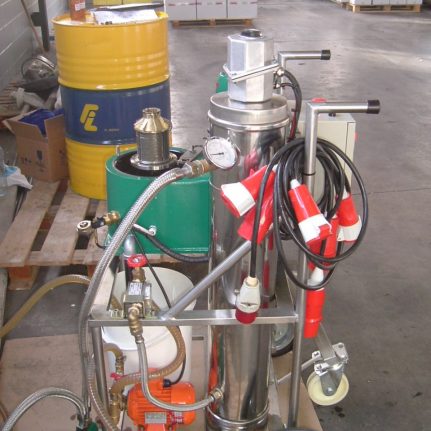
Diagnosis for technology transfer and work methods for extending the useful life of hydraulic oils to companies of the sector of plastic injection – OliMTD
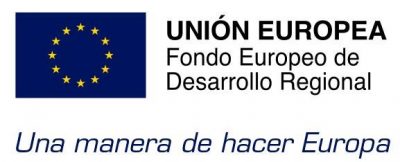

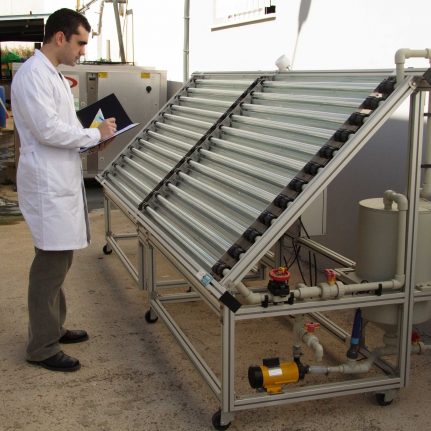
Experimentation of solar photocatalysis as the best available technique for treatment of waste water generated by Foia de Castalla Industrial Estate – FotoMTD

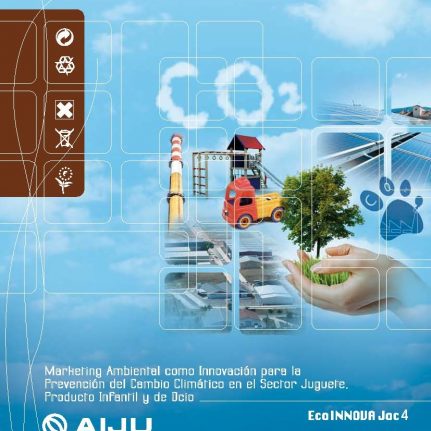
Environmental marketing as an innovation for the prevention of climate change in the children’s products and leisure sector (toy) – EcoINNOVA Joc 4

